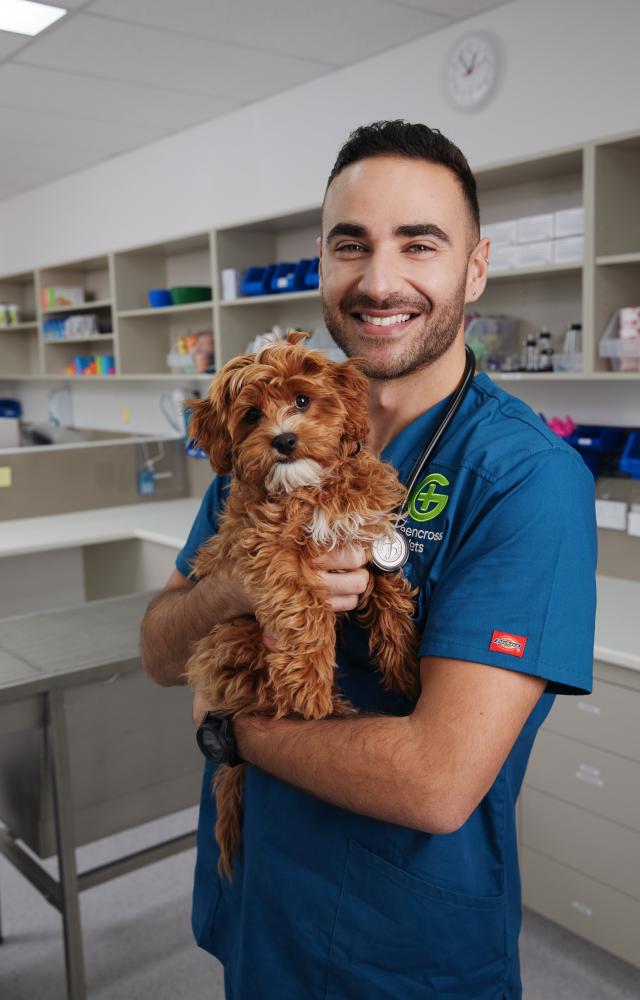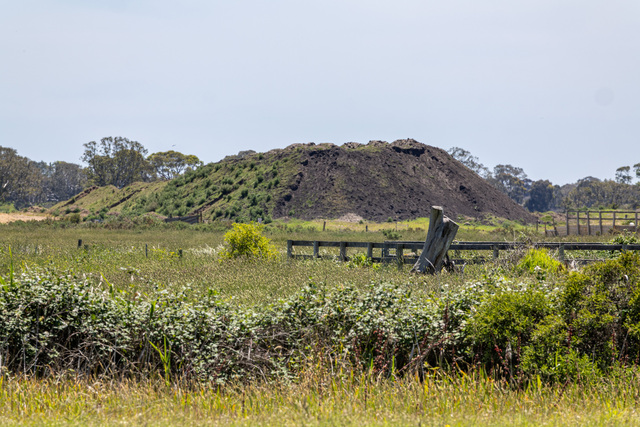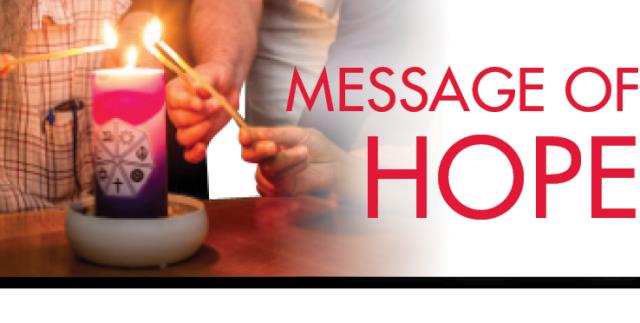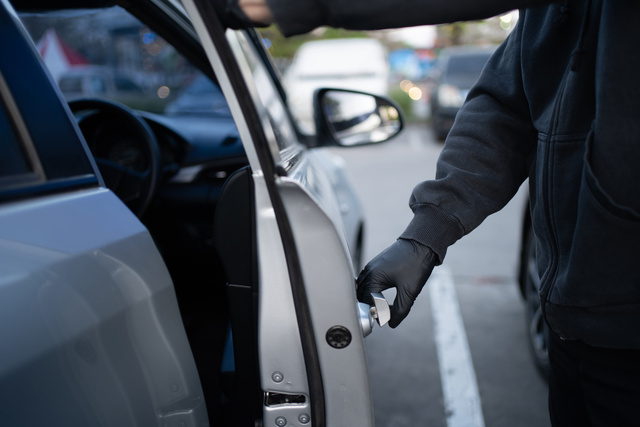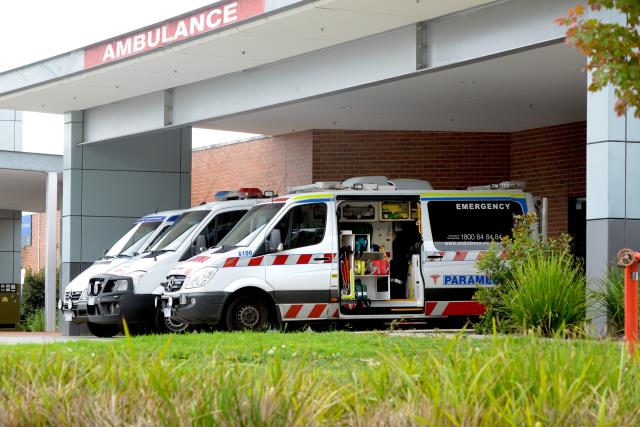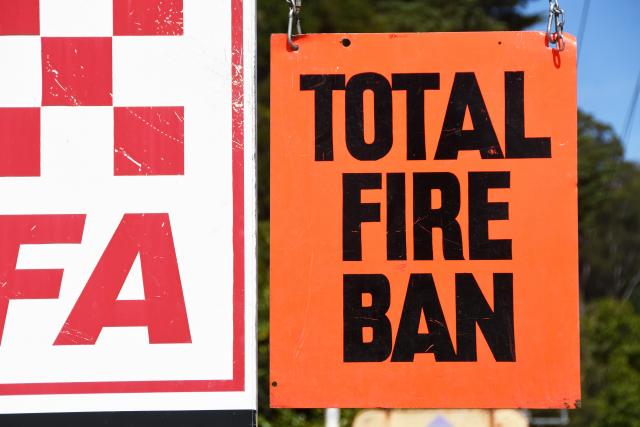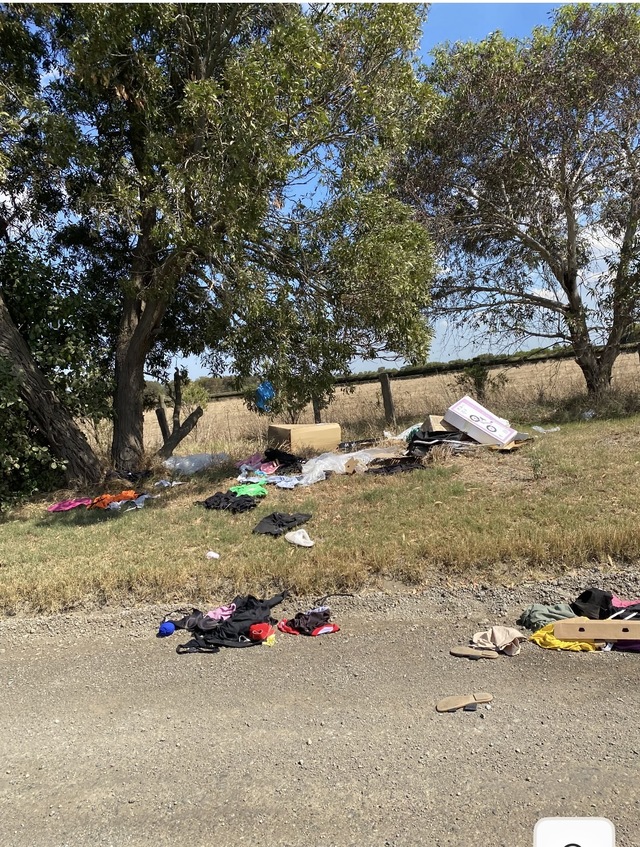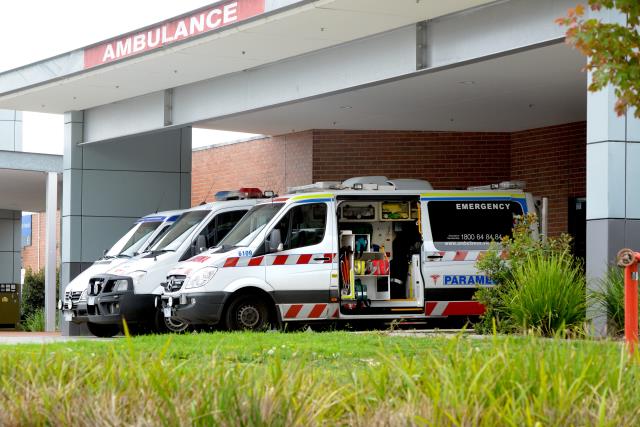Vets are urging the public not to allow their pets to consume any human Christmas foods, as even small amounts can be toxic and potentially fatal.
The Animal Emergency Centre said they see a surge in emergency cases each year over Christmas due to the ingestion of foods dogs cannot eat.
Last year, AEC recorded a 20 per cent increase in toxicity cases which required emesis over the festive period and anticipate that number will rise significantly this year with the continuing rise in pet ownership.
Greencross Vets regional clinical director Dr. Adam Sternberg said although pet parents love to spoil their pets at Christmas, feeding them their festive foods was not okay.
“Each year the emergency vets in our network see an influx of pets in hospitals that have consumed some of their well-meaning pet parent’s foods,” he said.
“If you have a much-loved pet that you want to show your love to this Christmas, please think twice before you share your food with them and explore the many options of festive treats that are designed specifically for pets.”
Mr Sternberg said common Christmas roast ingredients like onion and garlic are poison to dogs.
“Skin, rich gravy, cooked bones and fat trimmings can contribute to upset tummies and painful pancreatitis,” he said.
“This can result in hospitalisation and be deadly to pets.
“It’s best to avoid these human foods and give pets a human-grade vet approved meal made for dogs instead.
“A new human-grade food offering ‘The Nosh Project’ is now available in a turkey variant just in time for Christmas, so that pets can enjoy a humangrade quality roast turkey lunch with the family, without any risk of a trip to the hospital.”
Mr Sternberg said Christmas puddings contain sultanas, raisins or currants which are all toxic to dogs and can lead to kidney failure.
“Many Christmas desserts and cakes may also be alcohol based which pets cannot consume even in small quantities,” he said.
“There are plenty of baked treats available that closely resemble human foods, including cookies, cake pops and truffles, offering pet-friendly alternatives to festive foods which are usually toxic to dogs.”
He reminded pet owners that all kinds of chocolate contain an ingredient called theobromine that is toxic to pets.
“Chocolate toxicity could cause a wide range of problems, with severe cases causing seizures, heart issues and even death,” he said.
“The more bitter the chocolate, the higher the risk.
“That doesn’t mean dogs have to miss out!
“There are plenty of festive dog-approved carob treats, or you can even get your pet a Christmas stocking so they can enjoy the same traditions as the rest of the family.”
If a pet eats something they shouldn’t contact your nearest Greencross Vets for advice.
The Animal Emergency Centre and Animal Referral Hospital are also open 24/7 for emergencies including public holidays.
Those who have a concern over the festive period can also speak with a qualified veterinarian at home 24/7 via WebVet.

